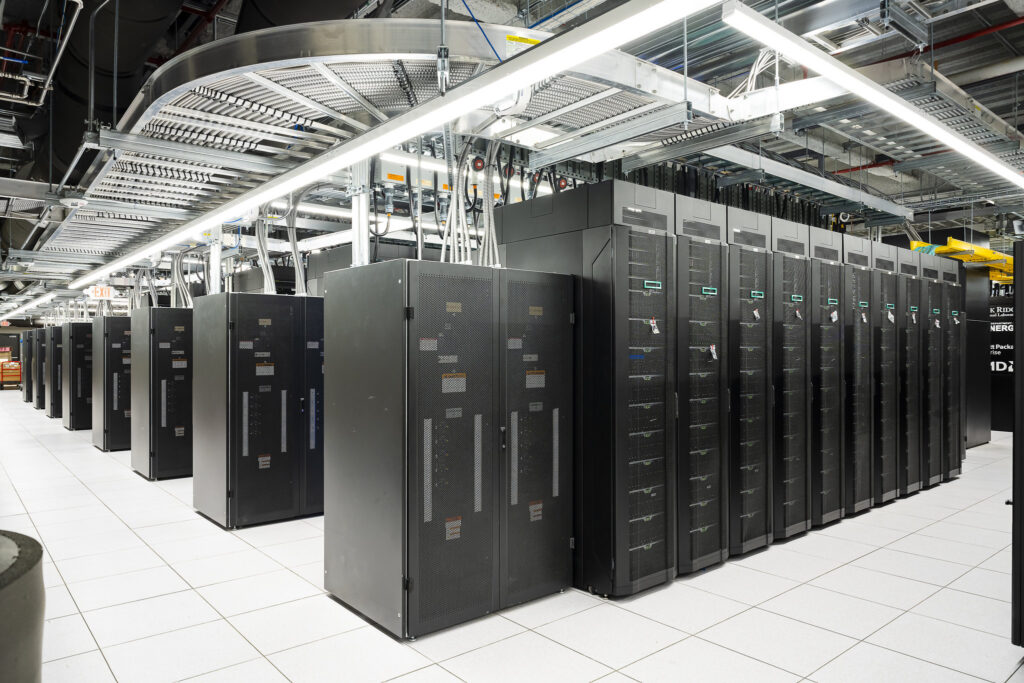Governments could use supercomputers to mount crisis responses according to a team of scientists in Aberdeen.
Researchers at the James Hutton Institute are exploring ways of harnessing ‘exascale’ supercomputing resources to model future public emergencies such as pandemics.
Advanced computing and ‘agent based’ modelling which simulates interactions between people, things, places, and time, could provide a tech-based response to complex problems.
That could include how societies react to a pandemic, war and energy supply problems, which would take months for traditional computational models to figure out. In such scenarios the models would take too long to influence decisions to avert or mitigate crises.
However, James Hutton researchers say new ‘exascale’ computers have revolutionised computing power to such an extent that they could be used to do the modelling in minutes.
Gary Polhill, the lead researcher at the Hutton, an independent research organisation, said: “Some of the social science challenges we’re dealing with computationally in agent-based models can be as complex as those faced by scientists working on astrophysical, medical, or meteorological problems.
“So access to this type and speed of computing for us, where we’re dealing with questions around human behaviour and societal responses to things like regulations around pandemics or supply chain issues, could be transformative.”
The Hutton team is working with the University of Glasgow (Urban Big Data Centre) and University College London (The Bartlett Centre for Advanced Spatial Analysis), to assess if these models can be used on exascale machines, which could potentially do the number crunching rapidly.
The work is being conducted through a project funded by the Engineering & Physical Sciences Research Council.
Agent based modelling has risen in use since the 1990s, when it was first used to model things like pollution and disease. It went through a watershed during the Covid-19 pandemic, with countries like Australia using these simulations to model how different policy decisions would play out. However, it was done on high performance computing platforms, which still took weeks and months to get results.
“Exascale computing could give us answers in minutes,” adds Polhill, who has 25 years of experience working on agent-based models. “It would be transformative for the social sciences, giving governments much faster ability to respond to live, complex events, such as supply chain issues in the wake of droughts or heat waves, or even war or energy supply disruption, in a relevant timeframe.
“But it also raises interesting questions around the use of computing in decision-making. The project will explore how the potential of exascale computing can be unlocked for the agent-based modelling community.”
